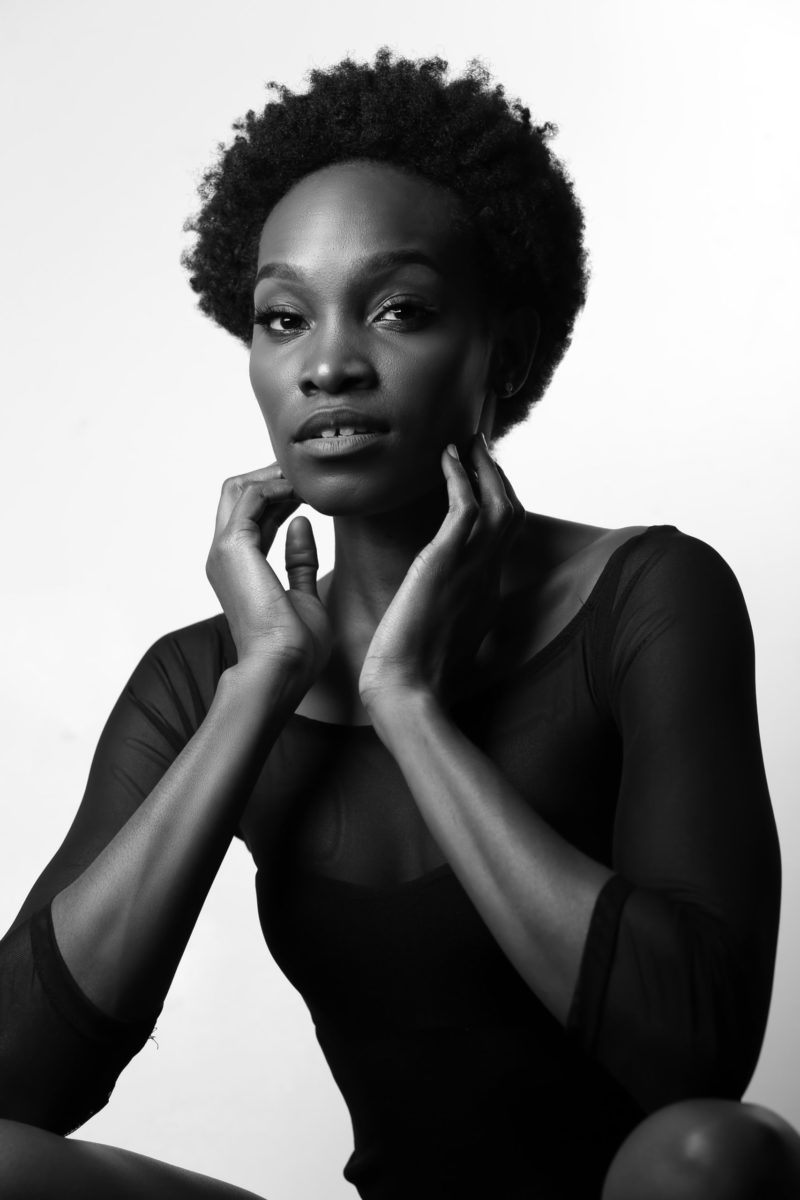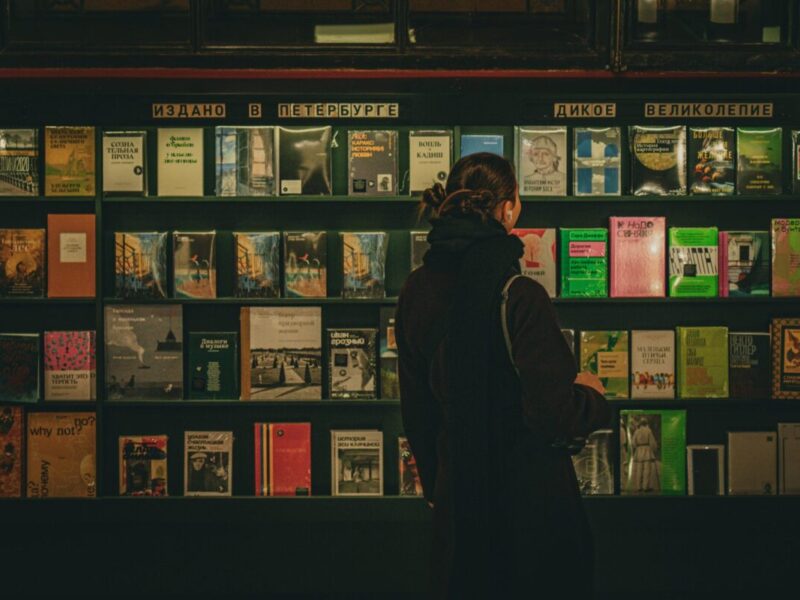10 Powerful Poems to Celebrate Black History Month
February is black history month, and that means we’re putting some extra focus on some of the major historical contributions black Americans have accomplished. From Phillis Wheatley’s first published poem to the Harlem Renaissance to modern poets like Khadijah Queen, black poets have brought (and continue to bring) rich, powerful, and lasting work to the field. To celebrate that, we’ve made a list of 10 powerful poems to enjoy—for black history month and beyond.
“Praise Song for the Day” by Elizabeth Alexander
We’ll kick things off with one of the most distinguished poets of our time—Elizabeth Alexander. Her poem “Praise Song for the Day” was composed and read for Barack Obama’s 2009 inauguration. The poem paints a picture of everyday life in America, pointing out the many who have struggled and died for this day. “Praise song for struggle, praise song for the day,” she writes.
“Heartbeats” by Melvin Dixon
Melvin Dixon was one of the first poets to explore the complexities of blackness and queerness. “As white gays deny multiculturalism among gays, so too do black communities deny multisexualism among their members. Against this double cremation, we must leave the legacy of our writing and our perspectives on gay and straight experiences,” he said at the Third National Lesbian and Gay Writers Conference. His poem “Heartbeats,” mimics the rhythm of a heartbeat while it provides intimate flashes of his struggles.
“Canary” by Rita Dove
Known for her ability to mix elegant lyricism with political scope, Rita Dove’s impact on American poetry is immeasurable. In addition to being the youngest-ever US Poet Laureate, she’s a Pulitzer-Prize winner, recipient of a National Humanities Medal, and more. Her poem, “Canary” likens singer Billie Holiday to a caged bird. “Fact is, the invention of women under siege / has been to sharpen the love in the service of myth,” writes Dove. “If you can’t be free, be a mystery.”
“A Brief History of Hostility” by Jamaal May
Detroit-based poet Jamaal May crafts a powerful breakdown of oppression in this poem. “A Brief History of Hostility” is a five-part poem that takes on themes of life, fire, death, and the reach for peace through raging repetition and calculated rhythms. “The war said let there be war / and there was war. / The war said let there be peace / and there was war,” writes May.
“History as Process” by Amiri Baraka
Perhaps one of the most subversive poets in American history, Amiri Baraka is well known for his provocative poetry style. Highly regarded as a cultural and political leader in the Black Arts Movement, Baraka’s work has defined and supported black literature at the turn of the century and inspired countless young writers. “History as Process” takes a philosophical look at humanity, suffering, and what it means to be real.
“Miz Rosa Rides the Bus” by Angela Jackson
Pushcart Prize-winning poet Angela Jackson brings historical context to her powerful, conversational free-verse poems. In “Miz Rosa Rides the Bus,” Jackson imagines Rosa Parks’ point of view. “My feets were tired. My eyes were / sore. My heart was raw from hemming / the dirty edges of Miss L. Muffet’s garment. / I rode again,” she writes. This first-person retelling of Parks’ act of resistance brings the reader on-board as the story unfolds.
“Afterimages” by Audre Lorde
A poet, writer, and pioneer of intersectional feminism, Audre Lorde is well known for taking on issues related to civil rights, lesbianism, ability, and the black female identity. Lorde’s work has shaped much of the conversation around contemporary feminist thought. Her poem, “Afterimages,” provides a bone-chilling account of the stark, violent, heartbreaking images that the speaker cannot keep out of their mind—images that center on the death of Emmett Till and the agony of his mother.
“We Should Make a Documentary About Spades” by Terrence Hayes
MacArthur Fellow, former poetry editor for New York Times Magazine, and multi-award-winning author, Terrence Hayes’ poetry contemplates pop culture, race, music, and masculinity through strong emotions and images. His poem, “We Should Make a Documentary About Spades” turns a deck of cards into a time machine, bringing the reader from college dorms to slave ships and creating microcosms within each nuance of the game.
“__________ my loved blacknesses & some blacknesses I knew” by Khadijah Queen
Award-winning poet and playwright Khadijah Queen builds a rolling, rhythmic tide in this contemporary poem. “__________ my loved blacknesses & some blacknesses I knew” is jam-packed with meditations on pop culture, beauty, masculinity, income inequality, and so much more. “when I would get home sometimes there might be food / sometimes just blackness I could live on / which I love,” she writes.
“Let American Be America Again” by Langston Hughes
Best known as the leader of the Harlem Renaissance, Langston Hughes’ work focuses on the lives of working-class black Americans—painting pictures of struggle, joy, laughter, and music. The 1935 poem “Let America Be America Again,” remains evergreen, as Hughes represents not just African Americans but all minority groups as he describes how the American Dream of freedom and equality is just out of reach. “O, let America be America again— / The land that never has been yet— / And yet must be—the land where every man is free. / The land that’s mine—the poor man’s, Indian’s, Negro’s, ME— / Who made America, / Whose sweat and blood, whose faith and pain, / Whose hand at the foundry, whose plow in the rain, / Must bring back our mighty dream again,” he writes.




